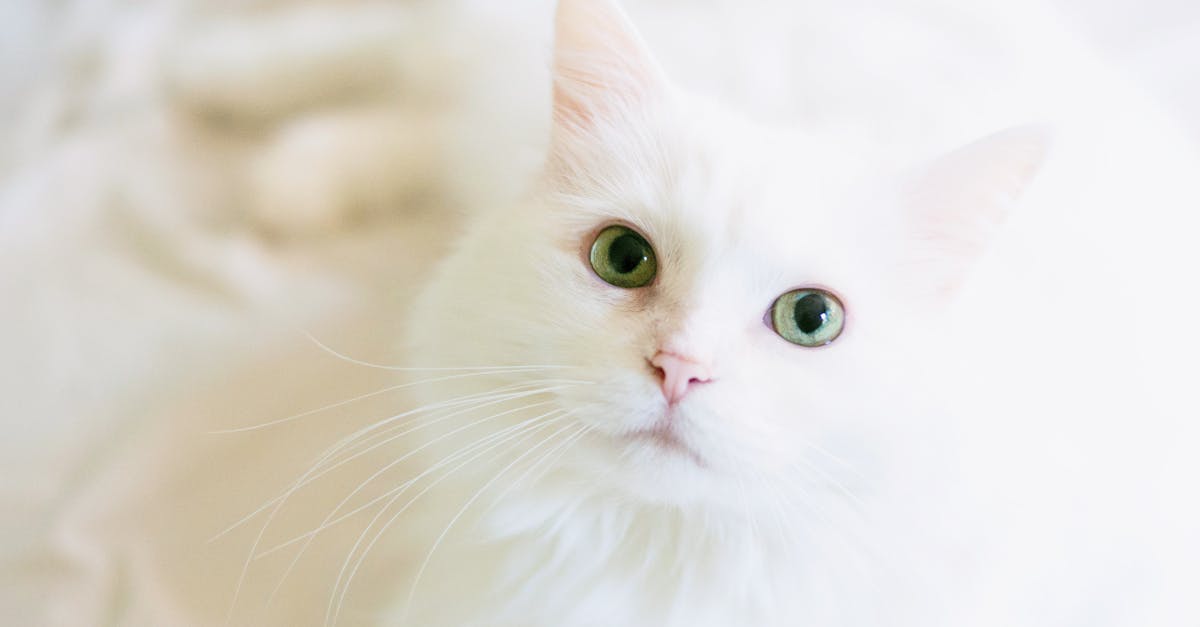Have you ever caught your cat chewing on a plastic bag or a piece of packaging and wondered why they’re so fascinated with something so unusual? This odd habit can be puzzling and even concerning for pet owners. While it might seem harmless at first, chewing on plastic can indicate underlying issues that may require your attention.
🧐 Why Do Cats Chew on Plastic?
Cats are curious creatures, and their fascination with plastic often stems from a combination of instincts, sensory stimulation, and health-related factors. Let’s dive into some of the most common reasons behind this behavior.
🐾 Sensory Fascination
Plastic has unique textures and smells that can be intriguing for cats. Some plastics contain substances like animal-based fats or corn starch, which produce faint odors that cats find appealing. Even if we humans can’t detect these scents, a cat’s sensitive nose might pick up on them.
Additionally, the crinkly sound of plastic bags can mimic the noises of small prey, triggering a cat’s natural hunting instincts. This sensory stimulation can make plastic irresistible to your furry friend.
🍴 Nutritional Deficiencies
Another possible reason for plastic chewing is a condition called pica. Pica is the consumption of non-food items and can be linked to nutritional deficiencies. If your cat isn’t getting the right balance of vitamins and minerals in their diet, they might seek out unusual substances like plastic in an attempt to satisfy their nutritional needs.
According to the National Research Council, cats have specific dietary requirements that must be met to maintain optimal health (source). If your cat is chewing on plastic frequently, it might be time to evaluate their diet.
🧠 Stress and Anxiety
Cats often develop unusual habits when they’re stressed or anxious, and chewing on plastic is one way they might cope. Stress triggers could include changes in their environment, the presence of new pets, or a lack of mental stimulation.
Signs of stress in cats include:
- Hiding or avoiding social interaction
- Excessive grooming
- Changes in appetite
- Increased vocalization
If your cat has recently started chewing on plastic and you’ve noticed other signs of stress, it’s important to address the root cause.
🩺 Medical Conditions
In some cases, chewing on plastic could be a symptom of an underlying medical issue. Gastrointestinal problems, dental pain, or neurological conditions might lead to unusual chewing behaviors.
For example, cats with dental disease may chew on plastic to relieve discomfort in their teeth or gums. Similarly, gastrointestinal issues could cause them to seek out strange objects to chew on as a way to alleviate discomfort.
Always consult a veterinarian if you suspect a medical issue is contributing to your cat’s behavior.
🙀 Potential Dangers of Plastic Chewing
While it might seem like a harmless quirk, chewing on plastic can pose serious risks to your cat’s health. Plastic is not digestible and can lead to a variety of complications if swallowed.
Possible dangers include:
- Choking hazards
- Intestinal blockages
- Injuries to the mouth or digestive tract
- Exposure to toxic chemicals in certain plastics
If you notice your cat chewing on plastic, it’s crucial to intervene and redirect their behavior to safer alternatives.
🐱 How to Stop Your Cat From Chewing Plastic
Fortunately, there are several steps you can take to discourage your cat from chewing on plastic and keep them safe.
Provide Alternative Chewing Options
Offer your cat safe toys or chewable treats designed to satisfy their chewing instincts. Look for products made specifically for cats, as these are typically designed with their safety in mind.
Remove Access to Plastic
Keep plastic bags, wrappers, and other items out of your cat’s reach. Store these objects in closed cabinets or containers to eliminate the temptation altogether.
Enrich Their Environment
Boredom can often lead to destructive behaviors. Provide plenty of mental and physical stimulation through interactive toys, climbing structures, and regular playtime. This can help redirect their energy and reduce stress-related chewing.
Address Nutritional Needs
Work with your veterinarian to ensure your cat’s diet meets their nutritional requirements. If deficiencies are suspected, they may recommend a high-quality cat food or supplements to address the issue.
Seek Professional Advice
If your cat’s plastic-chewing habit persists despite your efforts, consult a veterinarian or a feline behavior specialist. They can help identify underlying causes and develop a tailored plan to address the behavior.
FAQs
Q: Is chewing on plastic a sign of pica?
A: Yes, it can be. Pica is a condition where cats eat non-food items, and plastic is a common target. It’s often linked to nutritional deficiencies or behavioral issues.
Q: Can chewing on plastic harm my cat?
A: Absolutely. Chewing on plastic can lead to choking, intestinal blockages, or injuries to the digestive tract. It’s important to prevent your cat from accessing plastic items.
Q: How can I stop my cat from chewing on plastic?
A: Provide safe chewing alternatives, remove access to plastic, enrich their environment, and consult a vet to address any underlying issues.
Q: Should I take my cat to the vet for chewing on plastic?
A: If the behavior is frequent or accompanied by other symptoms like vomiting, changes in appetite, or stress, consult your veterinarian for a thorough evaluation.
References
- PetMD – Cat Behavioral Problems
- ASPCA – Cat Behavior Issues
- National Research Council – Nutrient Requirements of Dogs and Cats
Book a $49 online vet consultation at https://www.dialavet.com for fast, expert advice.























